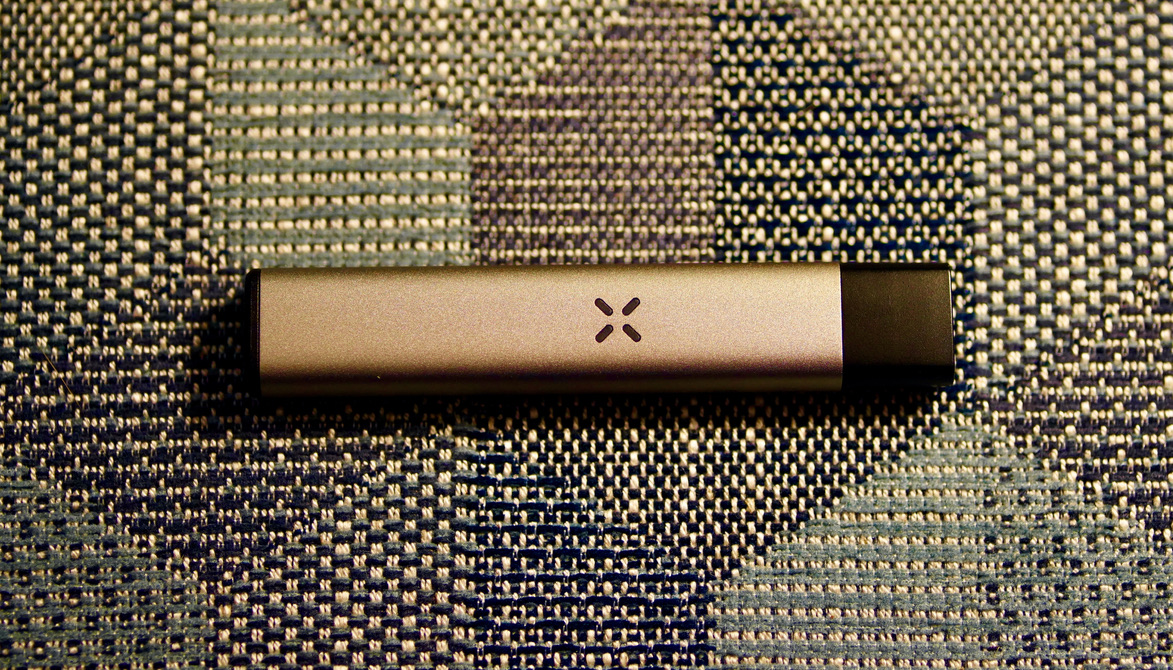A new in vitro study shows that aerosols from nicotine vapes do not produce the cellular effects caused by cigarette smoke that lead to vascular damage and the onset of a host of heart diseases. It also found that aerosols from heated tobacco products produced substantially fewer adverse cellular effects compared to cigarettes.
This research is critical because cigarette smokers are two-to-four times more likely to get heart disease than nonsmokers, and one in five smoking-related deaths is caused by cardiovascular diseases.
But the significance of the study published last month stretches beyond these specific findings. Because it’s part of the Replica Project, whose mission is to replicate the most well-known studies conducted by tobacco companies in order to independently assess their scientific validity. Ten international scientific studies will be replicated to compare toxicity levels in conventional cigarette smoke with those from e-cigs and heated products, using human cells.
The Replica Project is working to replace junk science with credible data.
The project is run by the Center of Excellence for the Acceleration of Harm Reduction (CoEHAR). Based in Sicily, the organization has previously exposed the deep methodological flaws in highly cited vaping studies. It’s now working to replace junk science with credible data, bearing in mind that industry research is routinely dismissed as conflicted by tobacco control and wider public health organizations.
“By replicating the findings generated by tobacco industry studies on e-cigarettes and heated tobacco products, we are proving that these results are robust and trustworthy,” Dr. Riccardo Polosa, CoEHAR’s founder, told Filter.
The new study was conducted by an international group of researchers affiliated with CoEHAR at independent laboratories in Indonesia, Oman, Russia, Serbia, Greece and the US. The findings are a strong rebuke to repeated claims by medical societies that using e-cigarettes or heated tobacco products is just as dangerous as smoking, and which counsel patients to quit, don’t switch! The American Heart Association states on its website, “Anyone who says vaping is safe is just blowing smoke.”
The researchers replicated a study done in 2017 by scientists at British American Tobacco (BAT), which demonstrated that the endothelial cell migration inhibition caused by cigarette smoke (the endothelium is a membrane lining the heart and blood vessels) is not caused by e-cig aerosol exposure.
“Once again, our research has challenged the notion that e-cigarettes or heated tobacco cause similar damage to combustible cigarettes.”
The Replica study, using the Vype ePen3 and the heated tobacco products Glo Pro and IQOS 3 Duo, corroborated the findings of the BAT study. It validates that making the switch to safer nicotine products can reduce harm and save lives.
“The interesting fact is that switching to combustion-free products reduces vascular damages and prevents the possibility of the onset of smoking-related diseases such as arteriosclerosis and hypertension.” said Dr. Massimo Caruso, an author of the study and the co-director of the Replica Project . “Once again, our research has challenged the notion that e-cigarettes or heated tobacco cause similar damage to that of combustible cigarettes.”
Photograph by Helen Redmond
Both CoEHAR and The Influence Foundation, which operates Filter, have received grants from the Foundation for a Smoke-Free World. The Influence Foundation has also received grants from Reynolds American, which is a subsidiary of BAT, and from Philip Morris International, the manufacturer of IQOS. Filter‘s Editorial Independence Policy applies.





Show Comments